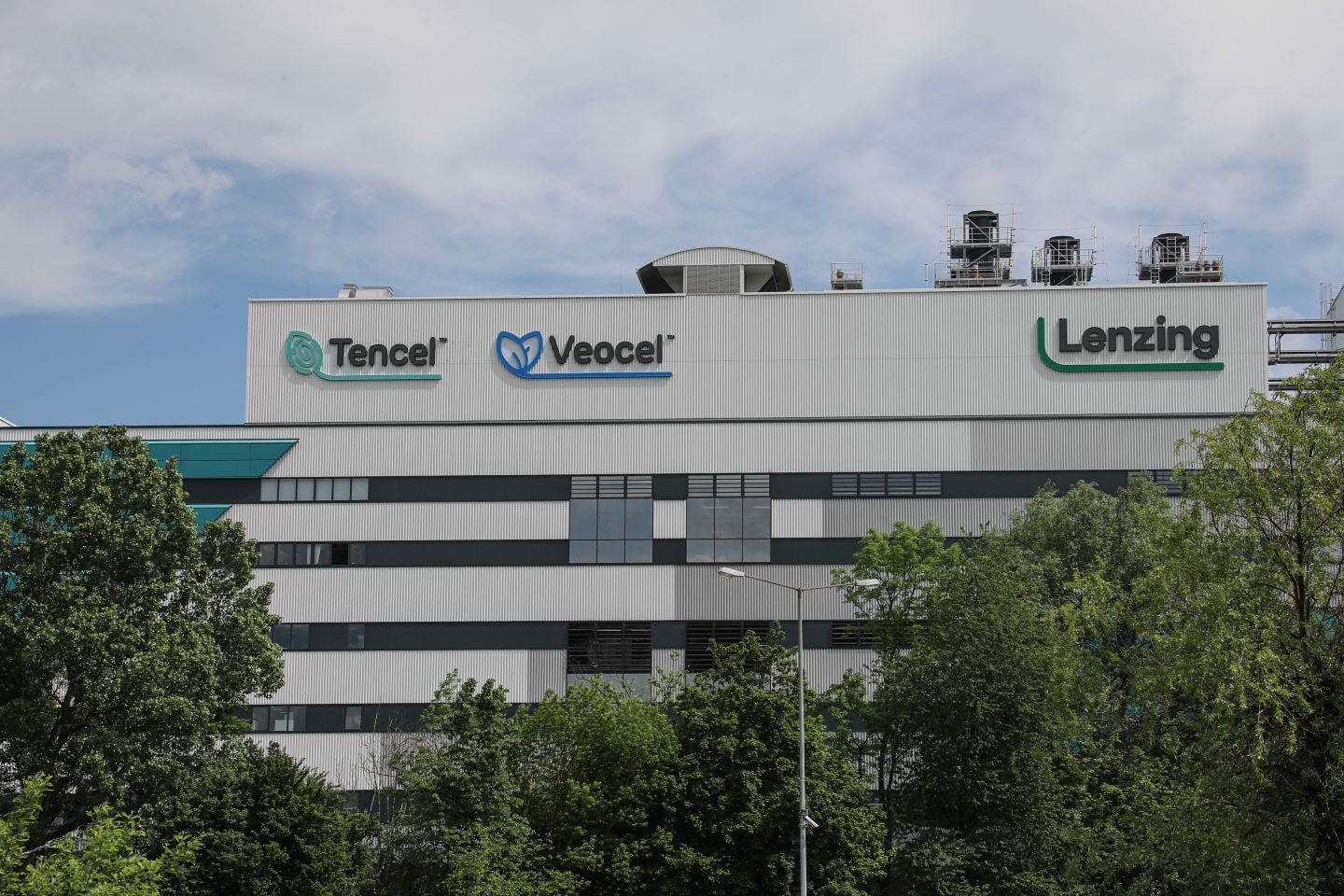
The project, aimed at accelerating the shift to a circular future, will see used textiles collected by Salesianer Miettex that are not suitable for reuse passed on to ARA (Altstoff Recycling Austria AG). These are then delivered to Caritas for sorting by hand at a recycling plant and then passed to Södra for recycling and processing to produce OnceMore pulp before Lenzing applies its innovative Refibra technology to produce new lyocell and viscose fibres.
“One company alone cannot solve the pressing problem of textile waste. Proactive partnerships such as these allow us to make progress and accomplish real systemic change,” says Sonja Zak, head of textile sourcing and cooperations at speciality fibres producer, Lenzing Group. “We work hard to make our industries more sustainable and promote the transformation of the textile business model from linear to circular. Continued action across the whole sector will be necessary to facilitate this transition.”
Martin Prieler, CEO of ARA, adds: “The EU’s action plan puts waste and secondary raw materials front and centre to cement their role on the market. Thus, in the recycling business, it is vital to maintain a 360-degree view of all consumer products. ARA has been instrumental in the implementation of extended producer responsibility in Austria for 30 years. It, therefore, makes sense to incorporate this expertise into the textile sector. This means that in the future we will be recycling not only packaging but as many products as possible, including textiles.”
The transition to a truly circular economy requires collaboration between several parties. Fibres provider Lenzing represents only one part of the textile and nonwoven value chain and is reliant on the cooperation of partners across the whole chain. Partnerships and projects such as this help Lenzing to promote and accelerate systemic change.
Lenzing and Södra have been working together on textile recycling since 2021. The companies plan to share their knowledge and jointly develop methods to facilitate the broader use of cellulose-based used textiles on an industrial scale. The further developed OnceMore pulp will then be used for various purposes, including as a raw material for the production of Lenzing’s speciality fibres under the Tencel brand fibres with Refibra technology. The aim is to reach an annual processing capacity of 50,000 tonnes of textile waste by 2027.
“This collaboration is a great example of how we can join forces and connect the dots in the textile recycling value chain,” says Åsa Degerman, manager of OnceMore at Södra.

US Tariffs are shifting - will you react or anticipate?
Don’t let policy changes catch you off guard. Stay proactive with real-time data and expert analysis.
By GlobalData


